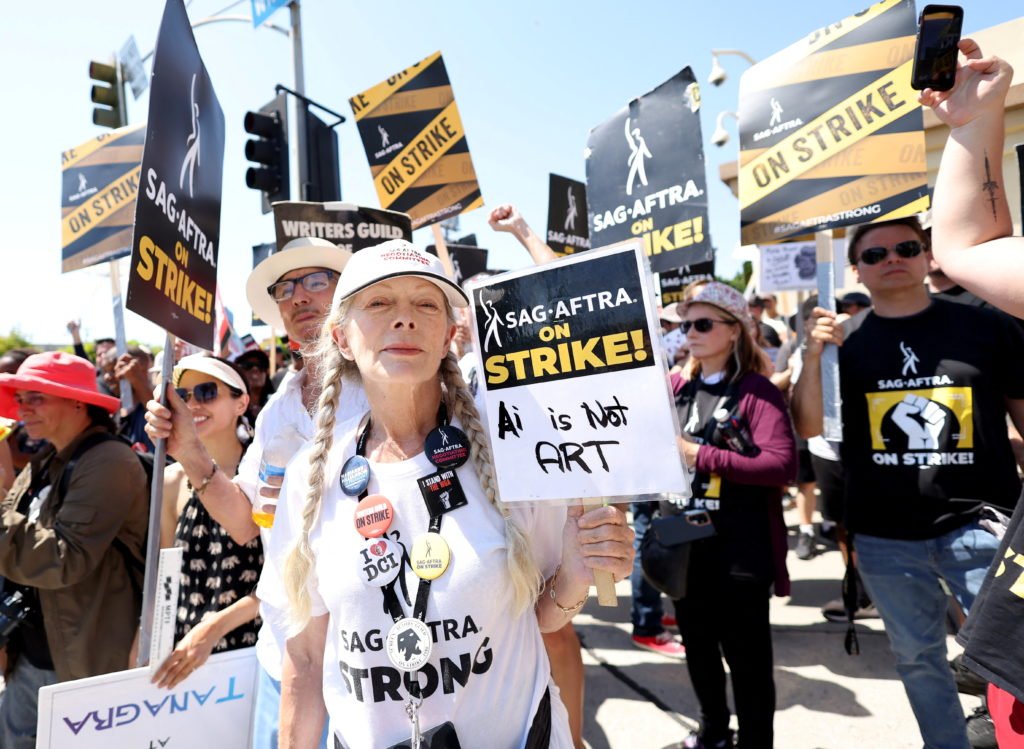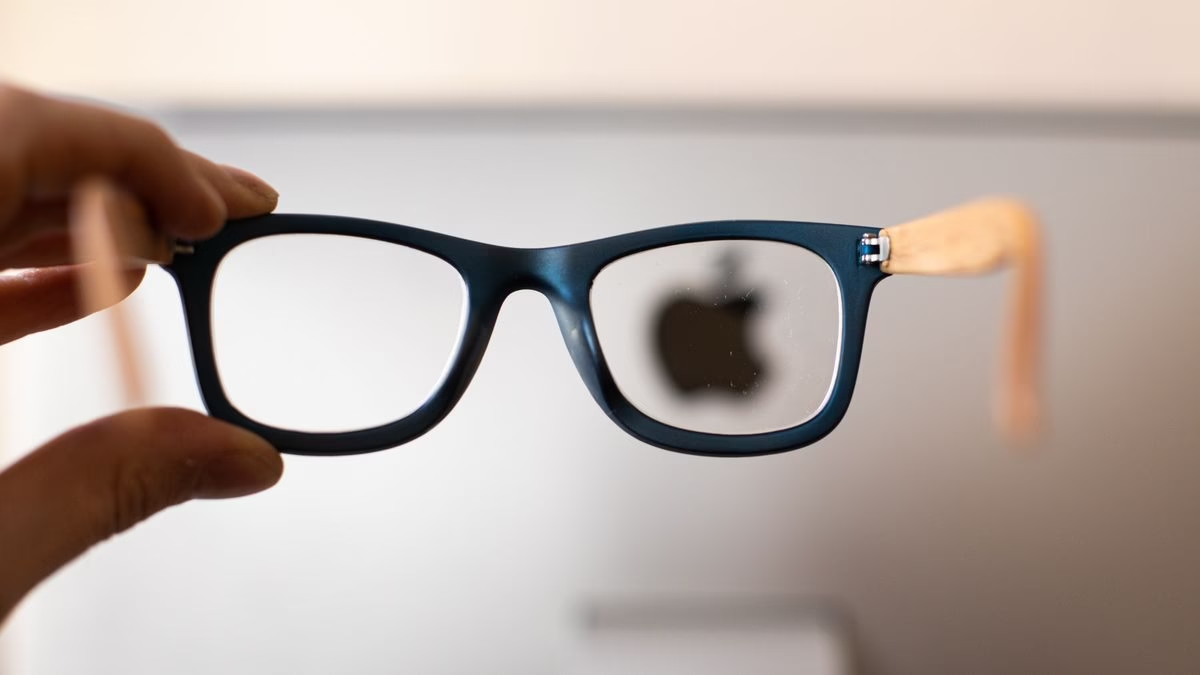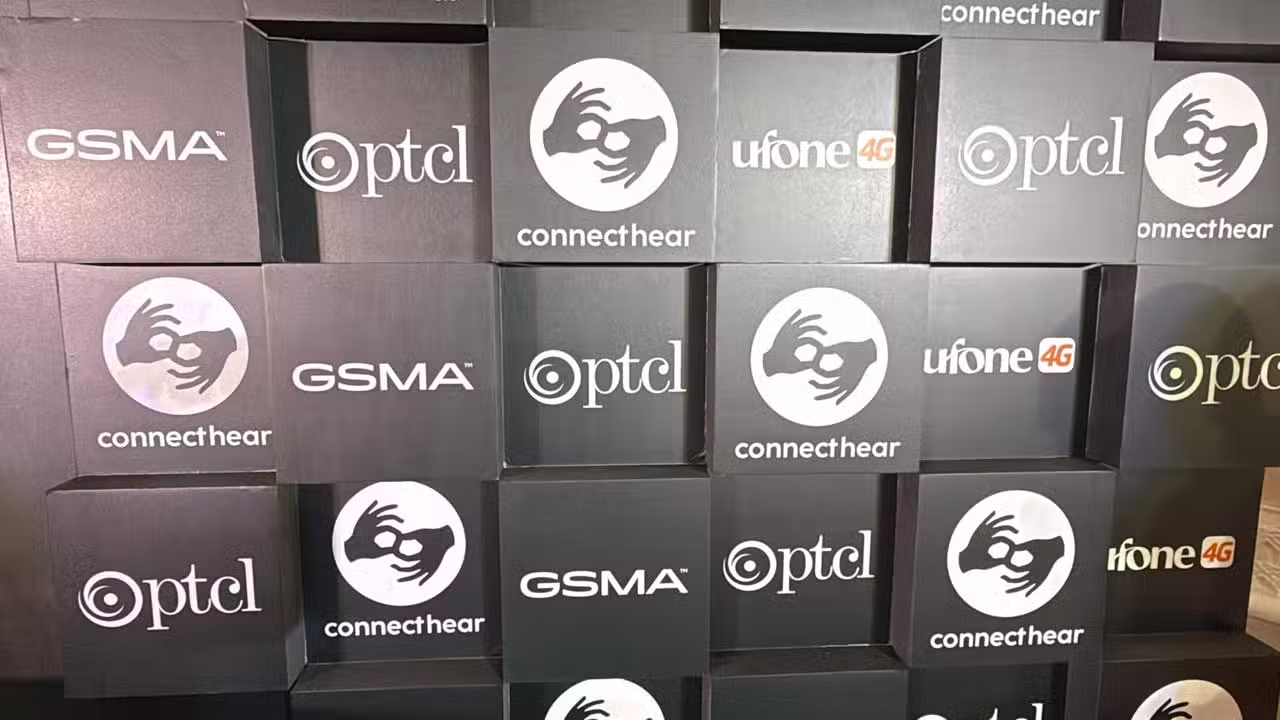A new bipartisan bill, named the No Artificial Intelligence Fake Replicas and Unauthorized Duplication (No AI FRAUD) Act, is gaining significant support from actors and recording artists. The proposed legislation aims to curb the misuse of artificial intelligence in recreating the voices and likenesses of individuals without their consent.
The AI Challenge: Deepfakes in the Limelight
The bill, introduced in the House of Representatives, highlights the increasing concern over high-profile instances of AI deepfakes. Notably, the popular song “Heart on my Sleeve” featured AI-generated versions of Drake and The Weeknd’s voices, creating a viral sensation. Additionally, actors like Tom Hanks found their likenesses exploited to endorse products they do not support.
Legal Ramifications for Unauthorized AI Replication
If passed, the No AI FRAUD Act would criminalize the creation of deepfakes and voice cloning without proper authorization. Offenders could face fines up to $50,000 and other punitive measures. The bill has garnered support from influential entities such as the actors’ union SAG-AFTRA and the Recording Academy.
SAG-AFTRA’s Stance: Balancing Innovation and Regulation
SAG-AFTRA president Fran Drescher emphasized the need for smart regulation, citing the risks that AI technology poses to individuals and intellectual property rights. The actors’ union has applauded the introduction of the legislation, urging public involvement to ensure responsible AI use that serves as a tool for humans rather than a means of exploitation.
Human Artistry Campaign: Advocating Responsible AI in the Arts
Moiya McTier, an advisor to the Human Artistry Campaign, stressed the urgency for timely action. Irresponsible AI platforms have been used to create deepfake and voice impersonation models, potentially harming artists’ reputations and livelihoods while eroding societal trust. The Human Artistry Campaign advocates for responsible and ethical AI use that prioritizes the well-being of individuals.
In a statement, McTier emphasized the critical role of leaders in demanding AI technologies that work for people, not against them. The No AI FRAUD Act is positioned as a crucial step in addressing the ethical challenges posed by the misuse of AI in the creative arts.



